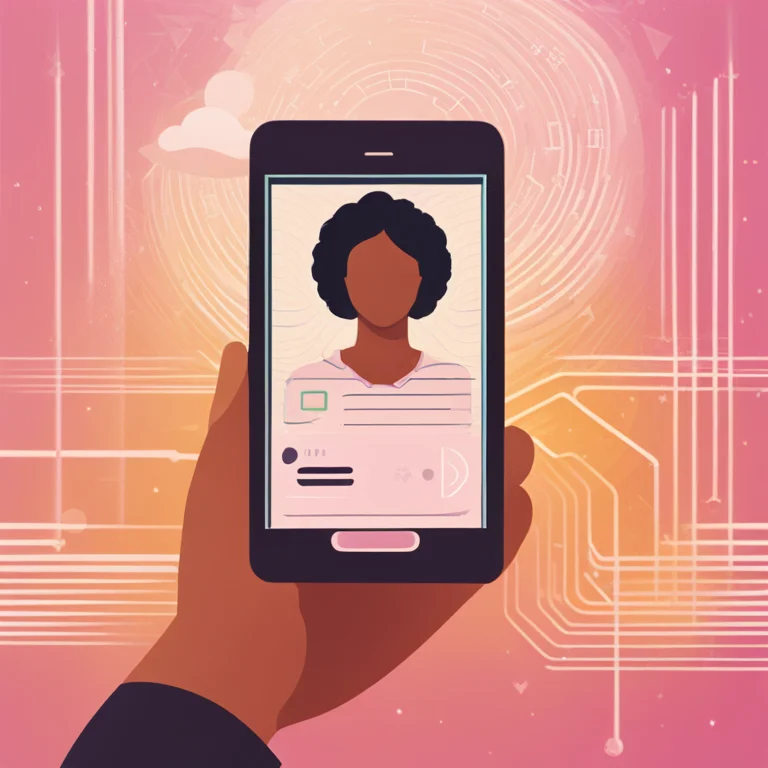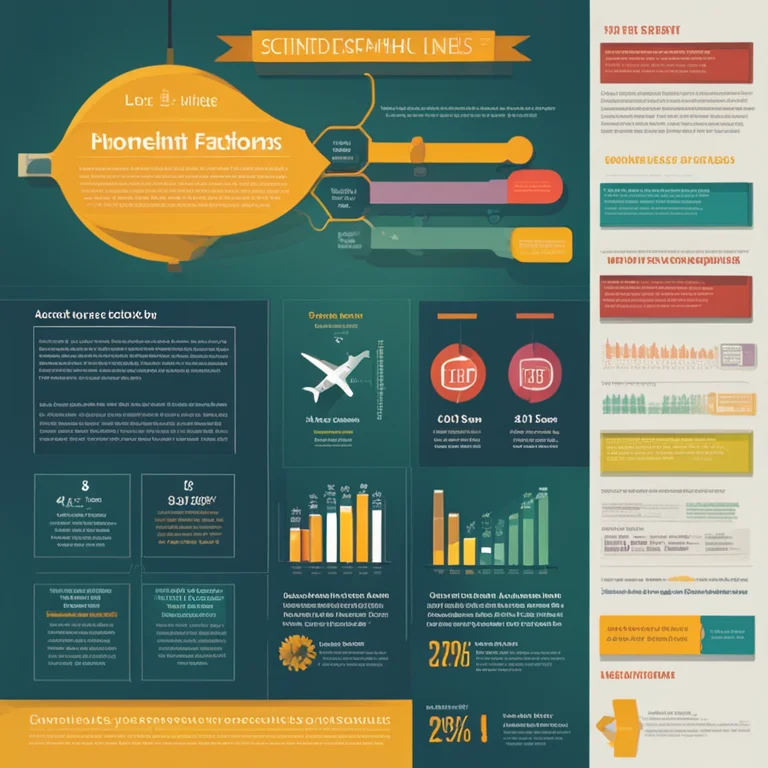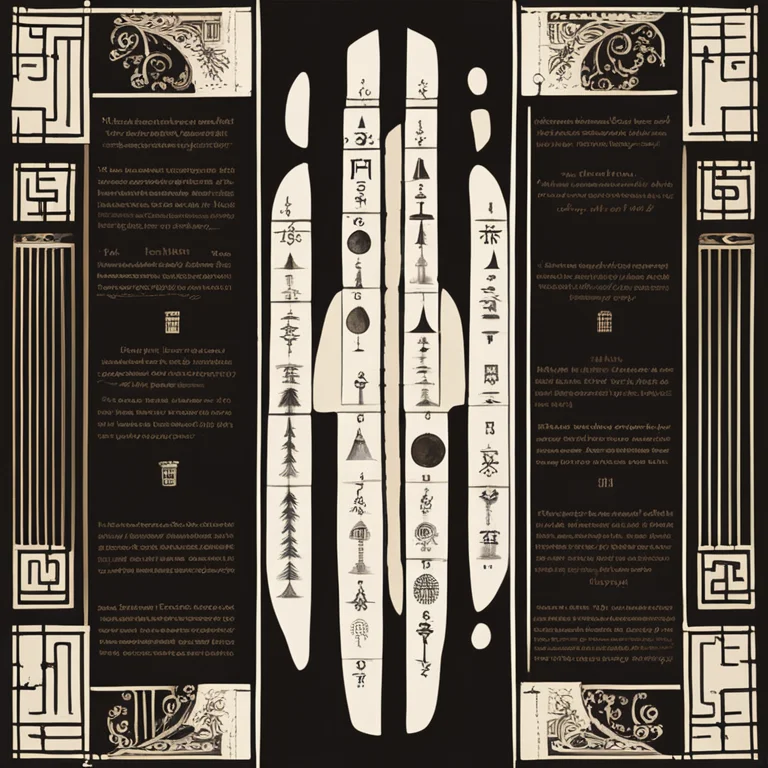
The Palmistry Perspective: Fact or Fallacy?
Delve into the legitimacy of palmistry and examine its historical roots, scientific evaluations, and its place in contemporary beliefs.
article by Nora Pennington
The Historical Ties of Palmistry
Throughout history, palmistry has intrigued civilizations across the globe, burgeoning as a practice rich with cultural significance. Ancient India's Vedic scripts, Chinese I Ching studies, and Greek astrology all point to the practice being used as a tool to divine one's personality and fate. Palmistry became especially fashionable during the Middle Ages, when it branched out through the nomadic Romani people, who often provided such readings. Its longevity raises a pressing question: does this ancient art hold any weight in our modern understanding of the human experience, or is it solely a relic from a bygone era?

The Science Behind the Hand Lines
Discussing palmistry on a scientific level invites skepticism, as peer-reviewed research on the predictive power of hand lines is scarce. Mainstream science often labels palmistry as a pseudoscience, given the lack of empirical evidence confirming its claims. Nevertheless, advances in genetics and developmental biology have begun to explain why our hand lines form the way they do, linking them to prenatal factors rather than predestined life events. However, this does not deter enthusiasts, who continue to seek correlations between hand patterns and personality traits.

Psychological Benefits and the Placebo Effect
Regardless of its efficacy in predicting the future, palmistry may offer psychological benefits similar to other forms of readings. A comforting palmistry session can provide individuals with a sense of guidance and reassurance about their life's trajectory. The placebo effect, a powerful mental force wherein belief in treatment may invoke tangible improvement, could also play a role in the positive feelings experienced after a reading. Thus, the therapeutic value of palmistry for believers might be found more in its ritual than its accuracy.

Cultural Resurgence and Personal Beliefs
With the advent of digital media and a rise in esoteric interests among the young, palmistry has seen a resurgence. From online courses to apps, palm readings are now more accessible than ever. The practice continues to captivate with its promise to unlock personal insights and forecasts, although it is often regarded more as entertainment than a science. In the age of algorithm-based predictions and psychological profiling, one might argue that palmistry offers a more human, if not nostalgic, approach to self-exploration and forecasting life's many variables.

Ethical Considerations and Personal Responsibility
When engaging with palmistry, the ethical component cannot be overlooked. Practitioners have a responsibility not to exploit vulnerable individuals seeking hope or solace. Critical thinking should be maintained, and palm readings should never replace professional advice, be it medical, legal, or psychological. It's important to engage with palmistry (or any other esoteric practice) with a measured perspective, viewing it as one of many tools for personal reflection, rather than a definitive guide to life.
Conclusion: Embracing Doubt and Wonder
Can we believe palmistry? The answer remains subjective and deeply intertwined with one's personal convictions. While it does not withstand the rigorous demands of scientific validation, for some, it holds a special kind of truth born from cultural tradition and individual faith. Whether as a form of entertainment, a psychological balm, or a venerable tradition, palmistry endures—encouraging us to ponder the mysteries of life with both doubt and wonder.
Published: 1/11/2024
Modified: 1/11/2024
More predictions
Come back here soon to learn more about yourself and your future


Unlocking Palm Lines for Career Success
Discover the secrets of your palms and what they suggest about your professional journey. Learn to read palm lines for insights into your career path.


The Secrets of the Jupiter Mount & Palmistry
Discover the significance of the Jupiter Mount in palm reading and how it reflects your leadership and ambition.


Palm Lines: A Guide to Your Hands' Secrets
Learn the art of reading palm lines with our straightforward guide. Discover what your hands reveal about your personality, destiny, and life!